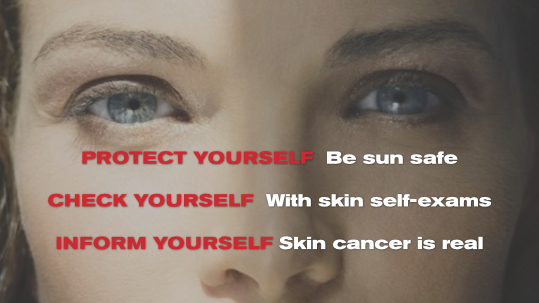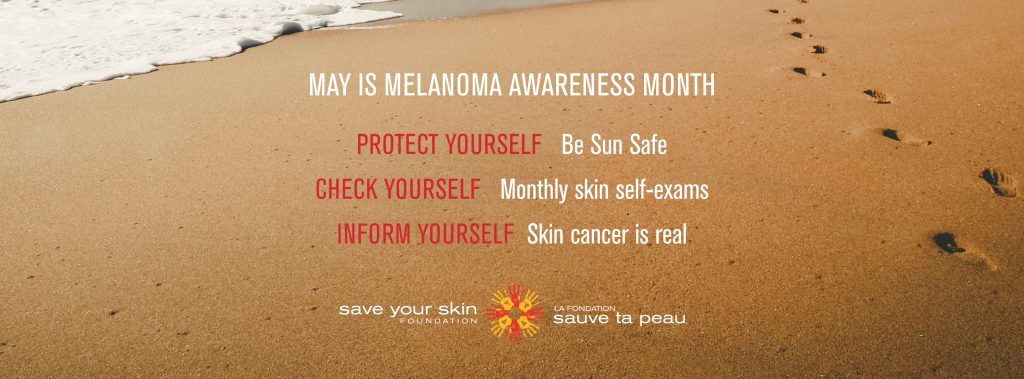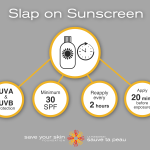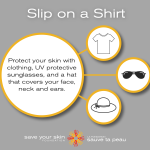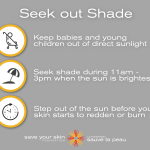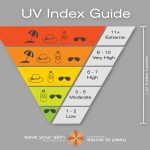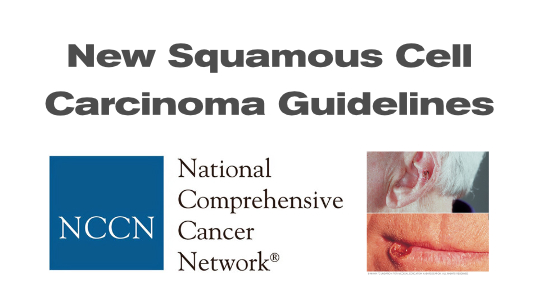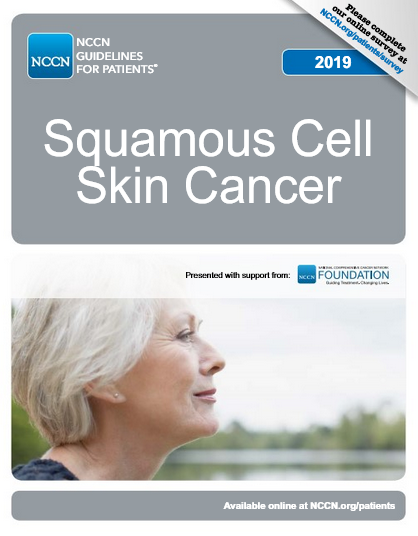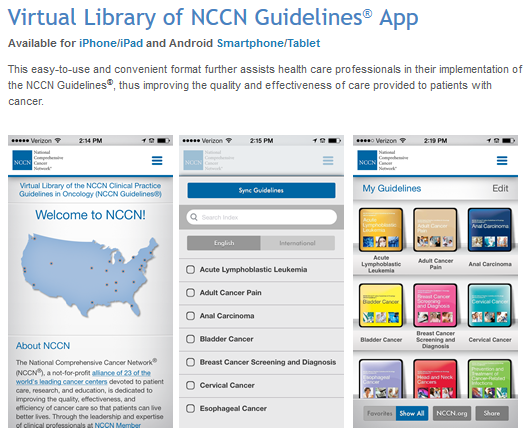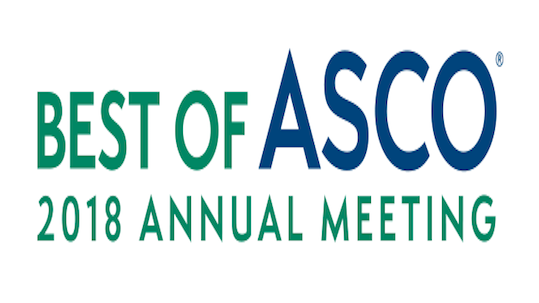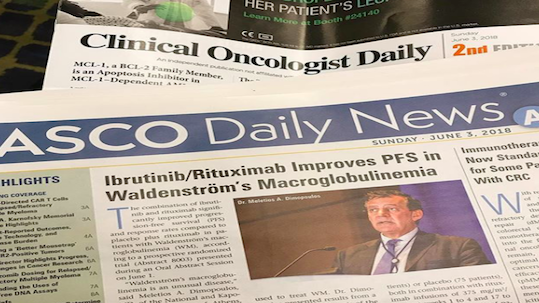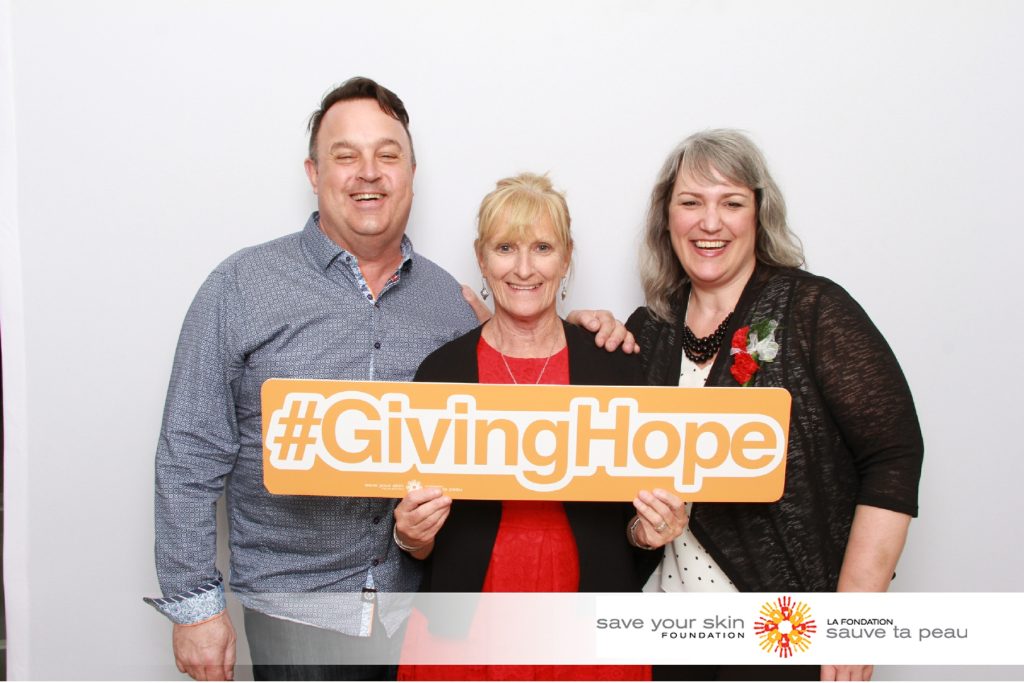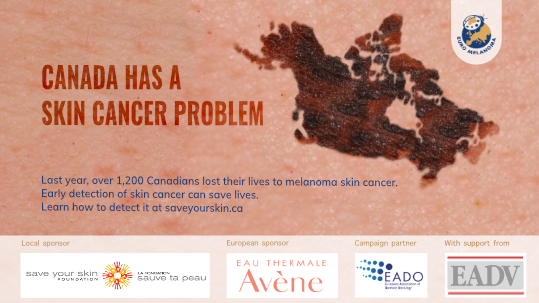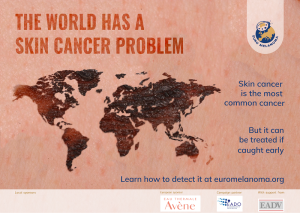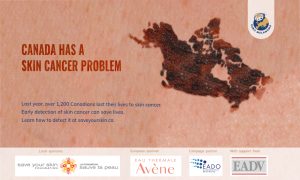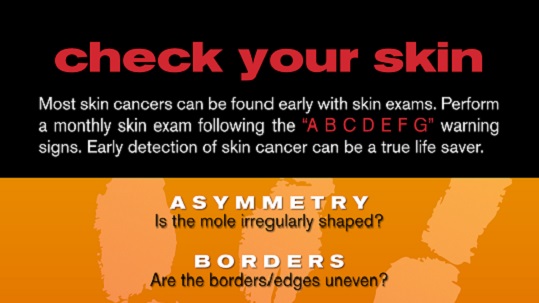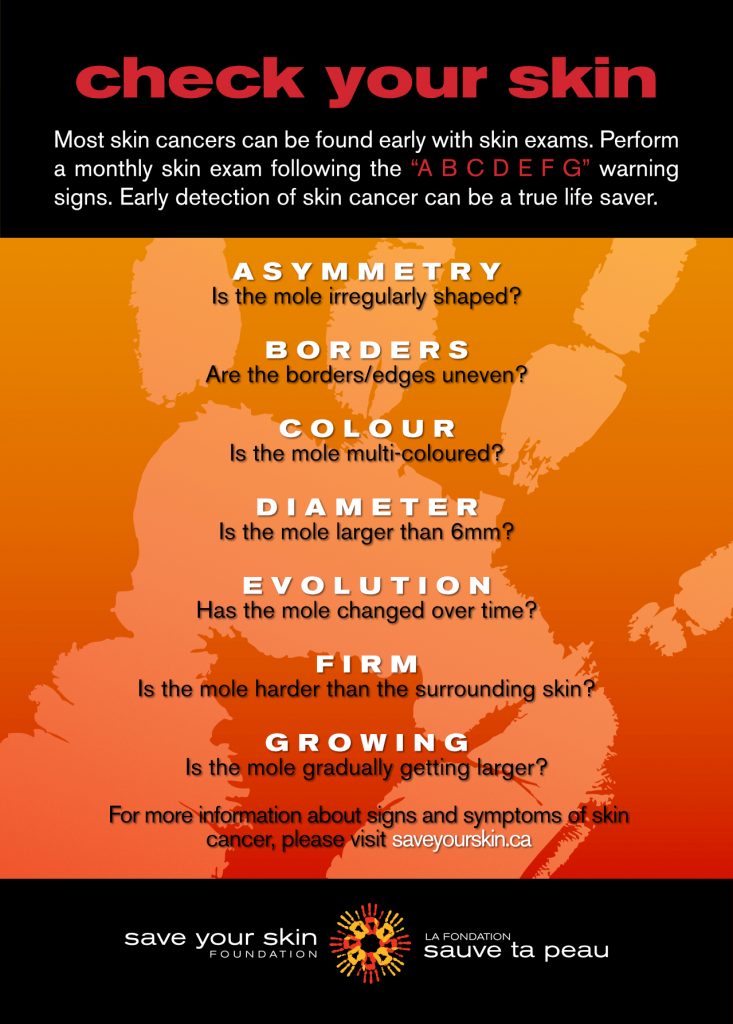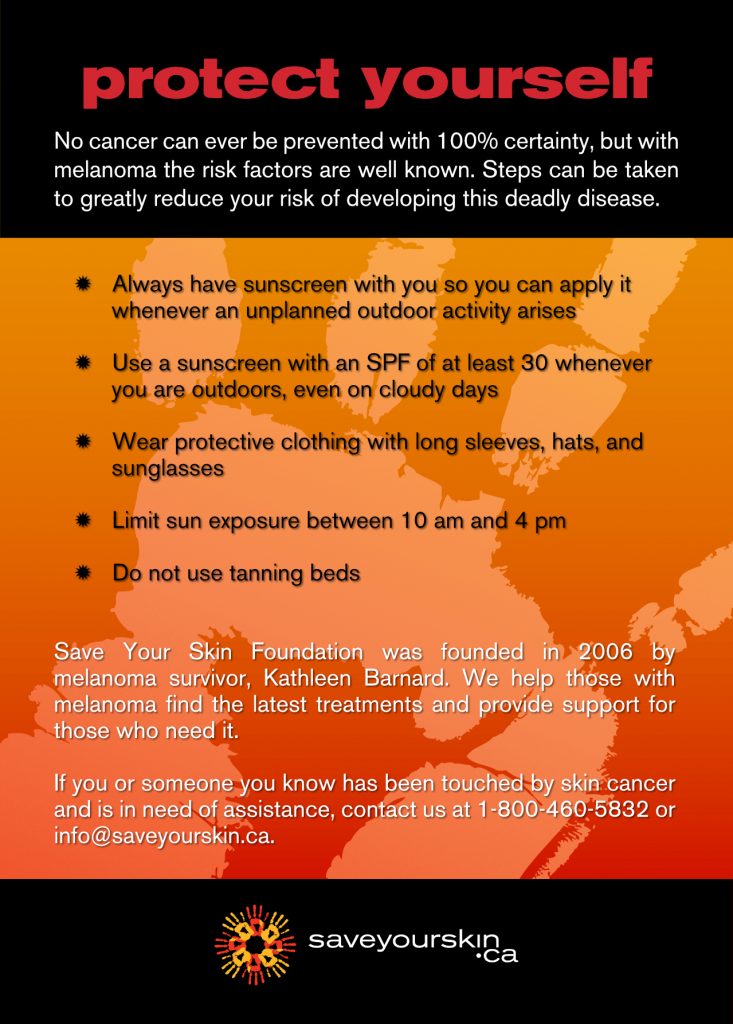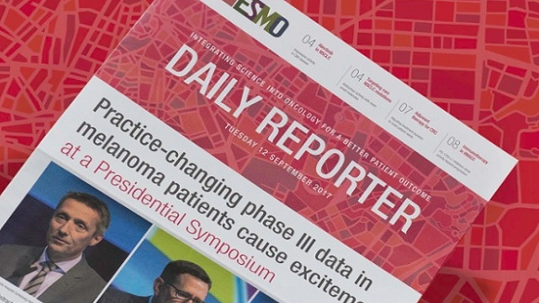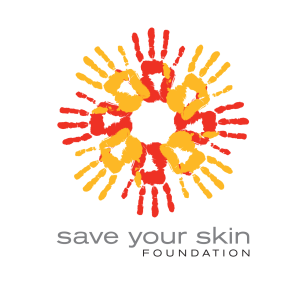In October I traveled to Brisbane, Australia to attend the 9th World Congress of Melanoma, a joint meeting with the Society for Melanoma Research. To be there as a melanoma patient was an incredible honour, and to be there as a representative of Save Your Skin Foundation was even more so. I have been working with Save Your Skin for over a year; after a couple of years of volunteering as a patient advocate and blogger as I recuperated from my surgeries and treatments, I turned my professional interests into full-time support of this Foundation that does so much for melanoma patients.

Ever since I was diagnosed with metastatic melanoma in 2014, I have been hungry for information about this disease, and I had always wanted to attend this conference – my medical Oncologist can attest to that, as every year I would schedule my appointments with her immediately after the conference so I could grill her about all the latest news. This year she did not attend, but I did.
It was an incredibly educational and inspiring experience, and I have much to report. So much so, that I have taken this long to write a blog to update our website, because I have found it to be a great challenge to put into words a summary of all that I learned at the WCM2017.
I will start off by reporting that if, after reading this piece, you still have questions as to specific information you might like to learn more about, please comment below or email me and I can get you details on what you would like to know.
We can provide you access to watch recordings of many of the sessions I saw in person, plus others that are available on the WCM website. We will also share this on our social media: should you wish to receive more information than what I am able to summarize in this blog, please reach out and we will provide.
Approximately 1,500 delegates attended this Congress, and they included Medical and Surgical Oncologists, Dermatologists, Skin Specialist-Physicians of varied backgrounds, Researchers, Pharmaceutical Company Reps, General Practitioners, and a smattering of Patient Advocacy Groups (such as SYSF).
At the Opening Ceremonies of the Congress, attendees were given an extensive presentation on the history of melanoma research in Australia and other centres, the epidemiology (the branch of medicine dealing with the incidence and prevalence of disease in large populations and with detection of the source and cause *) of melanoma and non-melanoma skin cancers, and their relation to the carcinogen solar ultra-violet.
It was an interesting account of skin cancer statistics in Australia, and a comparison of melanoma to other skin cancers behaviours, namely their response or reaction to “solar circulating factor.” In this session I learned that there is a COMPLETE ban of sunbeds in Australia. I also learned that the Congress was being held in the sunny state of Queensland, Australia, which – sadly – has been dubbed the “melanoma capital of the world.”
As an aside… it was spring-weather cloudy the entire week we were there so there were many jokes throughout the sessions that we were all gathered in the melanoma capital of the world and with no risk of exacerbating any skin cancer what with all the rainy cloudy skies! There are countless interesting roof and overhead structures all around Brisbane to protect residents from the sun, though that week they served well to protect from the rain.
Also in this address was mentioned the importance of early detection in skin cancer – “delay can be deadly.” There was discussion of advancement in diagnosis of melanoma in situ, and an update of the efforts of targeted screening for melanoma: targeted screening fails as it only gets a minority of the population – even patients with no risk factors develop melanoma. Dermatologists and General Practitioners are the real heroes in early recognition, said Dr. Harold Kittler, but also people and their family members are key to prevention and early detection.
Also in this session were introduced the NEW “F and G’s” of the ABCDE’s of skin cancer detection.
F = Firm and G = Growing. More on this to come – SYSF is currently updating our materials to reflect the complete ABCDEFG method of skin cancer detection.
I was also pleased to observe an introduction to teledermoscopy and clinical methods including the use of our very own Canadian-invented MoleScope™ – a huge photo of it right up there on the big screen! In the poster displays I also found the published study about MoleScope™ and its use in Canada, for more details please see their website.
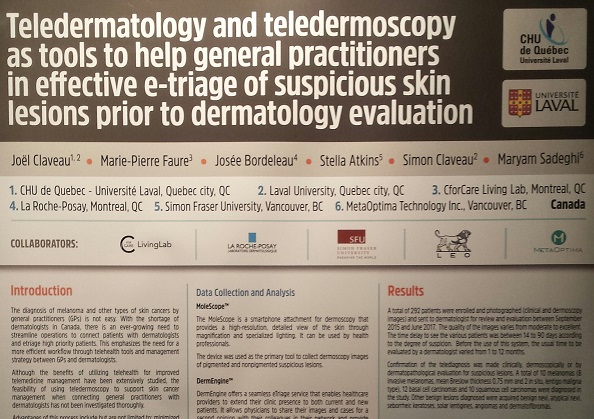
Throughout the rest of that day and the next three, I attended sessions which I will list below. There were so many open for attendance, so I tried my best, but I still didn’t hit all of the ones I would have liked to attend. I have notes for each, and most are recorded, so enter here the reminder that if you would like more detail on a specific session, please email me any time and I will connect you with the details. (We are not permitted to post them all openly, plus there are so many we couldn’t possibly fit them all on our website.)
Surgical Oncology: Primary Melanoma Management
Margins of excision, current recommendations and controversies, Follow-up surveillance after wide excision for melanoma, Margins of excision – special situations
Actinic Keratosis: Novel Treatments
New insights into photodynamic therapy
(Note – in a recent meeting with a local Dermatologist I learned that the new and best tool for Derms is photodynamic therapy, but it is not covered in some provinces, namely Ontario)
Treatment of Basal Cell Carcinoma – Successes and Opportunities
Molecular landscape of basal cell carcinoma, Management of side effects of hedgehog inhibitors, Beyond hedgehog pathway inhibitors
Advances in Merkel Cell Carcinoma
Early studies of Merkel cell carcinoma: challenges and progress – Symposium, Doctor Helen Leonard
Immunotherapy for MCC: progress and problems – Symposium, Professor Paul Nghiem
This was a fascinating session to attend, as we got to witness first-hand two clinical research teams meeting each other in person for the first time. Dr. Leonard and Dr. Ngheim have been working together for years, and for the first time got to discuss their wok in person. More on this here: OncLive SMR Coverage: Immunotherapy Infuses New Hope Into Merkel Cell Carcinoma Care
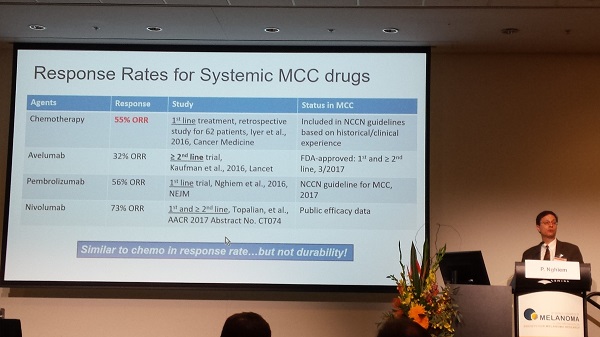
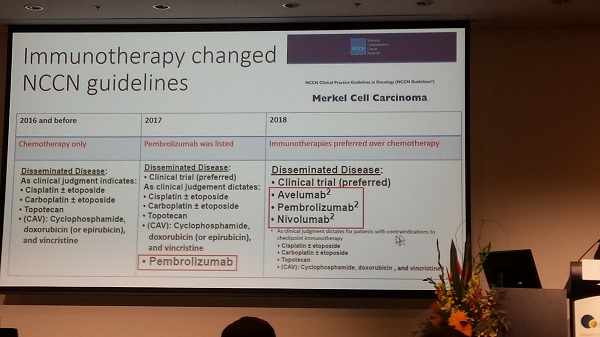
Surgical Oncology: Management of Stage III Metastatic Melanoma
Update of the results from the Multicentre Selective Lymphadenectomy Trial II, Natural history of patients with a positive sentinel node followed with active surveillance, Experience with neoadjuvant therapy for patients with advanced nodal metastases.
This session was personally interesting – and very moving – for me, as I WAS this brand of patient in 2014. I have read the “new-found” controversy about the very surgery I had (Complete Lymphadenaectomy), and I have often wondered if I really had to have that terrible and invasive surgery to my right groin. It was the best-known treatment for stage III melanoma at the time, remove the affected lymph nodes and then treat with interferon (in Canada).
I would have appreciated having the option to avoid complete lymph node dissection in favour of systemic therapy. Systemic therapy (such as the ipilumumab I did end up receiving on a clinical trial in the adjuvant setting) offers alternative to invasive, costly, painful surgery.
I was riveted watching Dr. Coit present his evidence and very passionate argument on this topic.
This session was all about finding balance between medical and surgical oncology and individualized treatment of stage III melanoma, and it will stay with me for a very long time.
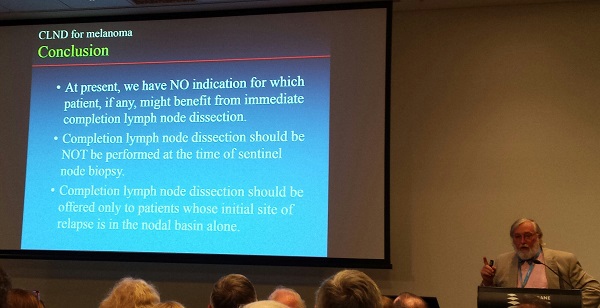
Friday and Saturday sessions included these:
Treatment of Advanced Squamous Cell Carcinoma
Risk classification of cutaneous SCC, Systemic therapy of advanced SCC, New approaches in the treatment of advanced SCC (immunotherapy)
Staging, Surgery and Targeted Therapies for Melanoma
The new AJCC melanoma classification, and Surgery for stage 4 melanoma patients: is it still worthwhile?
Fascinating information in these sessions – in fact, in January 2018 the new melanoma staging guidelines will come into effect. Watch for SYSF to post a blog then and discuss this topic in more detail. It will also be included in our webinar series for 2018. It is estimated that 6% of stage III melanoma patients will be up-staged due to the new guidelines.
Sunscreen: Bioavailability and Toxicity
Public health implications of sunscreen use, Sunscreen testing in Australia, Should nanoparticles be used in sunscreens? and, Toxicity of zinc oxide particles in sunscreens: myth or fact?
LOTS more to come from Save Your Skin Foundation on this topic as well. We will bring light to the controversy over the use of sunscreen and how it is more healthful to use sunscreen to prevent skin cancer, than to not wear sunscreen and be at risk.
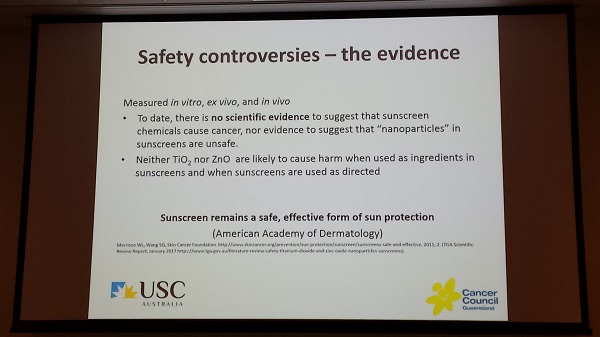
Another moving session was one on a topic consistantly discussed by Save Your Skin Foundation:
Patient Support and Survivorship
Melanoma: A clinician’s perspective, Symposium, Dr. Caroline Robert
Melanoma: a patient perspective, Symposium, Leisa Renwick
The survivorship conundrum, Symposium, Fiona Bennett
Living with melanoma – a patient plan, Symposium, Valerie Guild
Roundtable Discussion including our very own collaborator Dr. Reinhard Dummer
Closing sessions detailed the following:
Future Perspectives and Congress Highlights
Keynote Address: Unsolved questions in melanoma genesis, Genetic testing for skin cancer in 2017 and beyond, Highlights in melanoma from 2017.
It was an honour to see in person the likes of top melanoma researchers and clinicians such as Dr. Axel Hauschild, Prof. Georgina Long from Society of Melanoma Research, and many other leading physicians in the field.
Some of the highlighted sessions were expanded upon with coverage from the below publication, please feel free to click this link for more articles: OncLive Coverage of SMR 2017
Following the closing sessions of the World Congress of Melanoma I worked with the Global Coalition for Melanoma Patient Advocacy for an additional day and a half, on initiatives that will be supportive of the melanoma patient population around in the world in 2018. More to come on that!
For more information on anything you have read here, please feel free to contact natalie@saveyourskin.ca
And a generous thanks to our sponsors ~ Funding for my travel to and attendance at the WCM2017 was provided in part by the generous funders of Global Coalition for Melanoma Patient Advocacy, Melanoma Research Foundation, and Save Your Skin Foundation. My deep gratitude for the opportunity to attend this event is echoed by my dedication to the patients who need the information I learned.
Thank you!
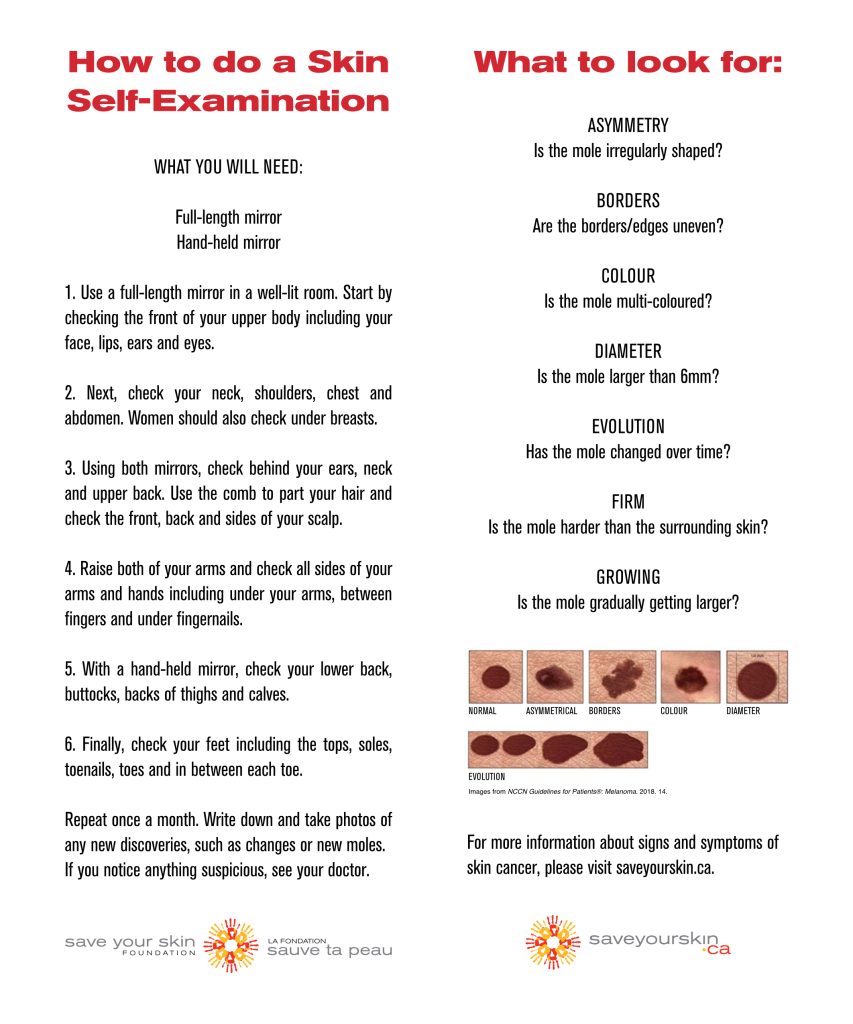
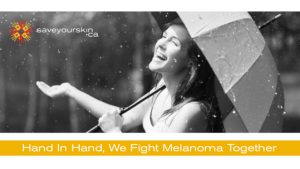 For those living with melanoma, support can be vital to the healing process. Save Your Skin Foundation provides a collection of resources as well as several ways for patients to connect with others or with private support. If you know someone touched by melanoma, please help them to connect with us.
For those living with melanoma, support can be vital to the healing process. Save Your Skin Foundation provides a collection of resources as well as several ways for patients to connect with others or with private support. If you know someone touched by melanoma, please help them to connect with us.

